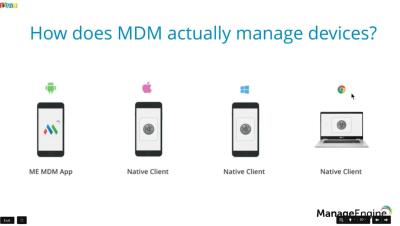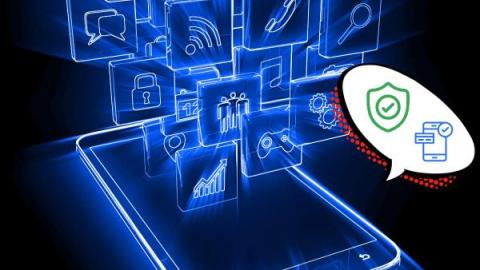Google introduces real-time scanning on Android devices to fight malicious apps
It doesn't matter if you have a smartphone, a tablet, a laptop, or a desktop computer. Whatever your computing device of choice, you don't want it impacted by malware. And although many of us are familiar with the concept of protecting our PCs and laptops with security software that aims to identify attacks in real-time, it's not a defence that is as widely adopted on mobile devices.











